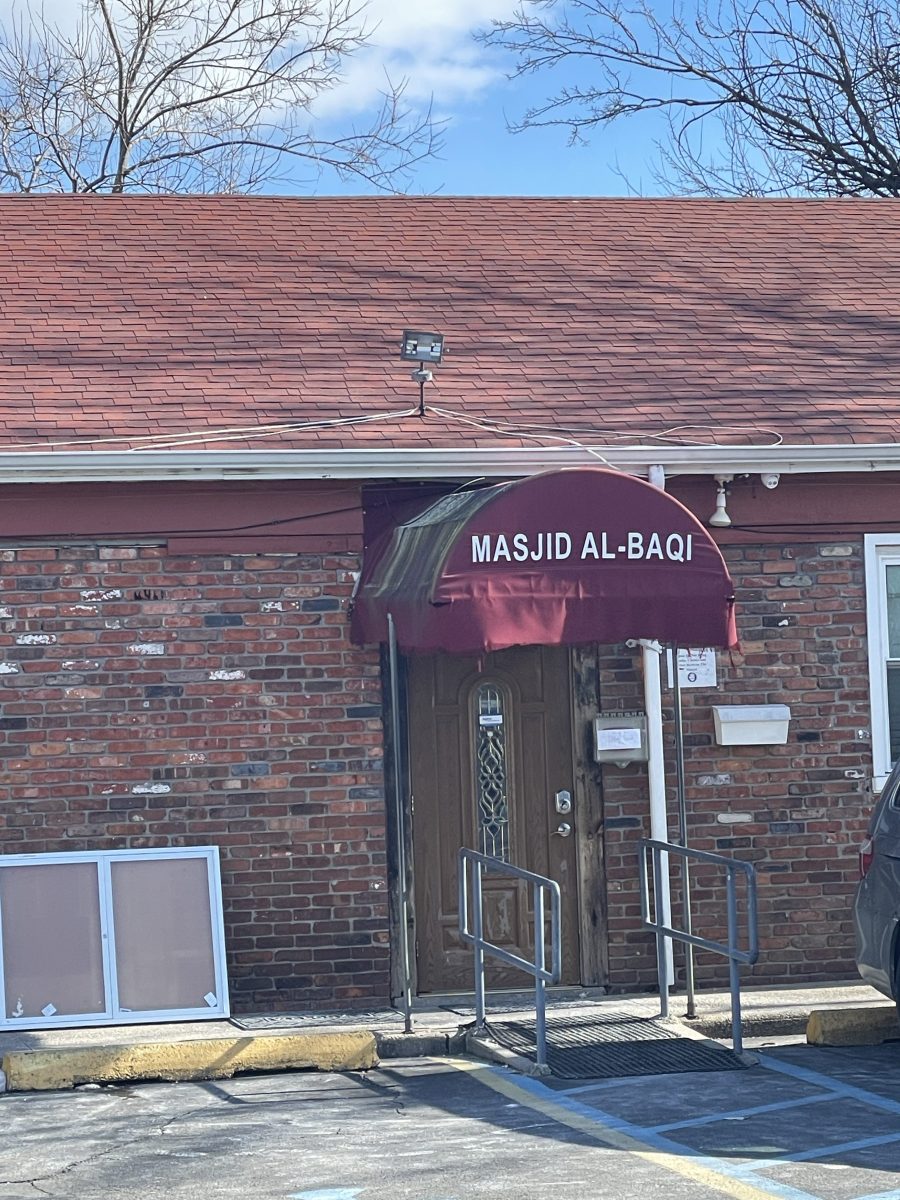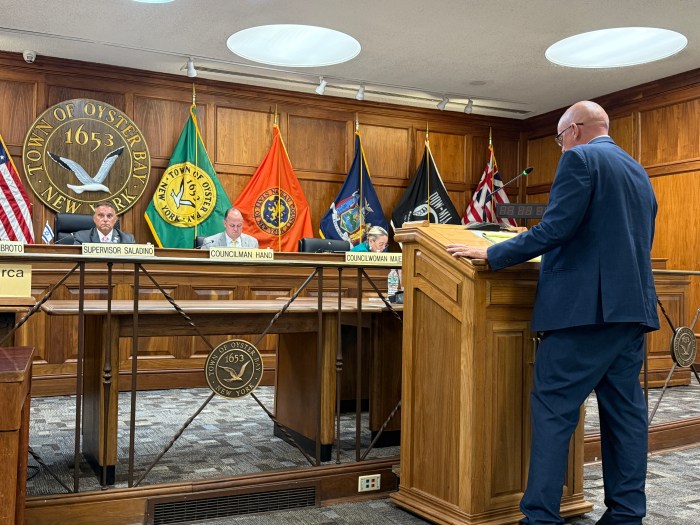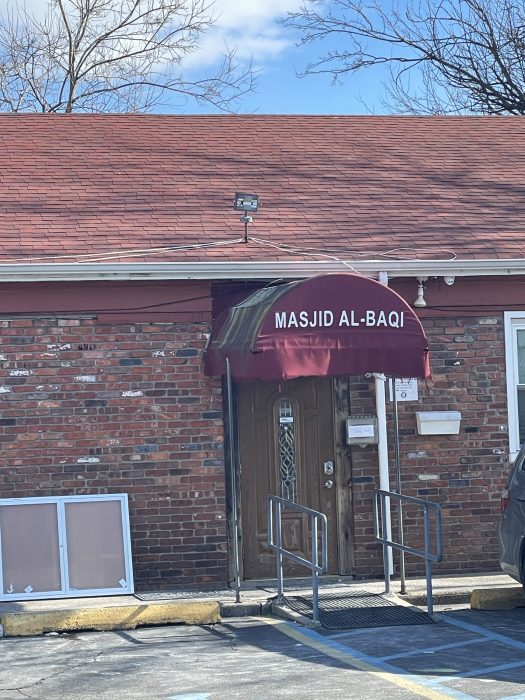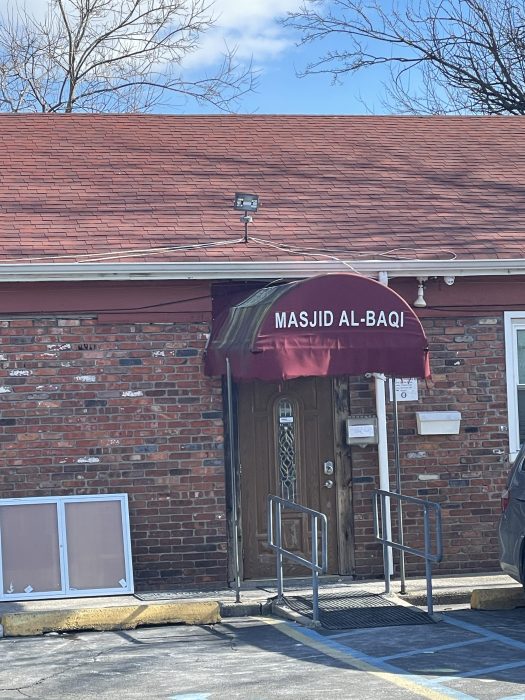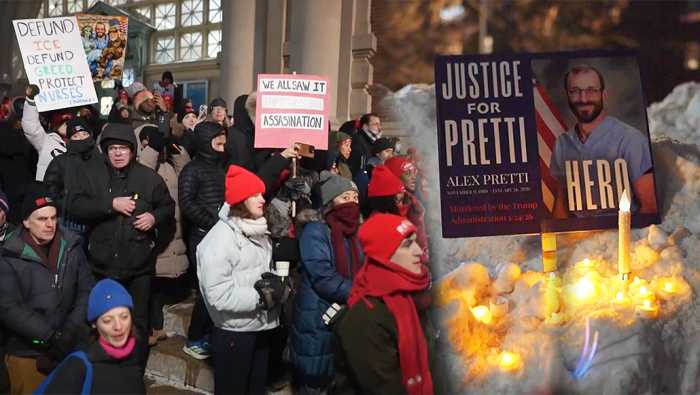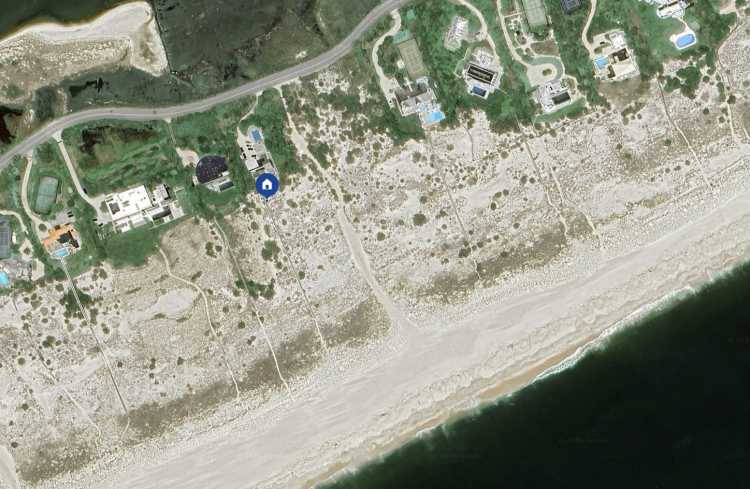A traffic consultant previously hired by the Town of Oyster Bay has been fired after posting anti-Muslim comments on social media, while the town is involved in pending litigation over the denied proposal for a Bethpage mosque’s expansion.
“We are shocked and outraged to learn of this and are immediately dismissing him from this case,” Oyster Bay Town Supervisor Joseph Saladino said about Florida-based consultant Jeffery Buckholz’s history of remarks.
In an Oct. 3 deposition related to a federal lawsuit filed by Muslims on Long Island against the town, Buckholz acknowledged several instances in which he had made anti-Mulsim remarks on social media.
One LinkedIn message referenced in court documents was from September, when Buckholz posted, “They want to conquer us — just like they did England. Fight back NOW!”
“Buckholz admitted that his views on Muslims and immigrants could be considered bigoted,” lawyers for the mosque wrote in an Oct. 9 court filing.
“His open prejudice epitomized the bias that has tainted this process from the start,” Muhammad Faridi, the lead counsel for Muslims on Long Island, said in a statement. “His involvement made clear that this case has never been about legitimate land-use concerns—it has been about discrimination and poor judgment.”
The Muslims on Long Island sued the town in January, cting that the town had violated the Religious Land Use and Institutionalized Persons Act, the First and 14th Amendments to the U.S. Constitution, the New York State Constitution and Article 78 of the New York Civil Practice Law and Rules in its suit filed after the the application for the Masjid Al-Baqi in 2022 was denied.
The Muslims on Long Island were seeking to replace two one-story buildings on their property with one, larger mosque. They said the town had blocked the expansion by presenting multiple legal issues, including a change in town law in 2022 that expanded the number of parking spots required for places of worship.
The change increased the number of parking spots required by the mosque from 86 to 155. According to the lawsuit, the initial proposal called for 88 spaces.
According to the same town code from 2022, theaters were required to have one parking spot per three seats, while libraries and museums were required to have one parking spot per 300 square feet of gross floor area, or the enclosed floor space of a building.
The town updated its zoning laws at a board meeting on Oct. 7, in a bid to create equal parking spaces for secular and non-secular spaces. The new law sets the minimum number of parking spaces required for theaters, museums, libraries and places of public assembly at one per three persons occupancy.
The town and the organization had agreed to a settlement in August, which would have included the town approving the mosque’s plan, paying Muslims on Long Island $3.95 million, and updating its code to address and resolve claims made against it. The Muslims on Long Island had also agreed to certain provisions designed to mitigate the town’s asserted traffic and safety concerns.
The town backed out of the agreement less than two weeks later.
Town spokesman Brian Nevin had previously stated that the town’s ruling was based on “legitimate concerns raised by both the Nassau County Planning Commission and the Planning Advisory Board itself.”
But Muslims on Long Island contended they had fought against the town’s decision as well as what its lawyers have called false evidence.
“From the outset, this case has been about ensuring that the Muslim community in Bethpage is afforded the same rights as every other faith community to establish a house of worship,” Faridi had said in a previous statement. “While we have seen various claims about traffic and parking raised during this process, the evidence developed in litigation has shown those concerns were either false or significantly overstated.”
One piece of evidence that lawyers for Muslims on Long Island had referenced is a testimony from a “grandmother,” which they contend does not exist and was included to strengthen the defense.
Nevin had said the deposition of Scott Byrne, the town’s deputy commissioner of planning and development, provided the grandmother’s identity as Nassau County Legislator Rose Walker, who represents Bethpage, and confirmed the grandmother’s statement.
The Muslims on Long Island’s lawyers previously said the town has targeted places of worship of certain religions, while town officials had said decisions were made based on non-secular facts.
The two sides are set for trial on Oct. 27, but after the recent developments, the town has requested to push that date until after Election Day.
Muslims on Long Island are opposed to the request, saying “the town had full responsibility to retain competent experts and prepare for trial on the long-established schedule,” in court documents.




